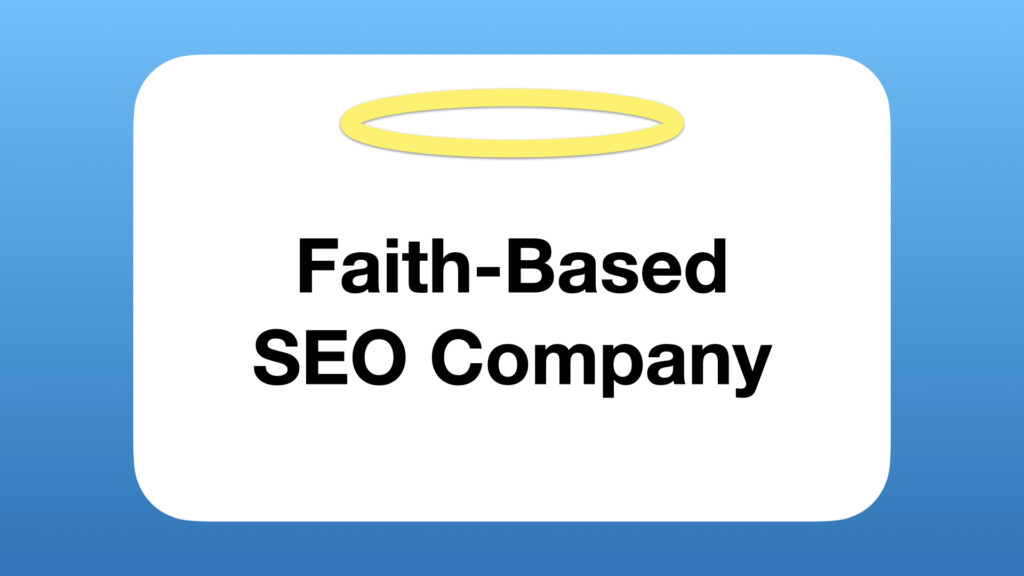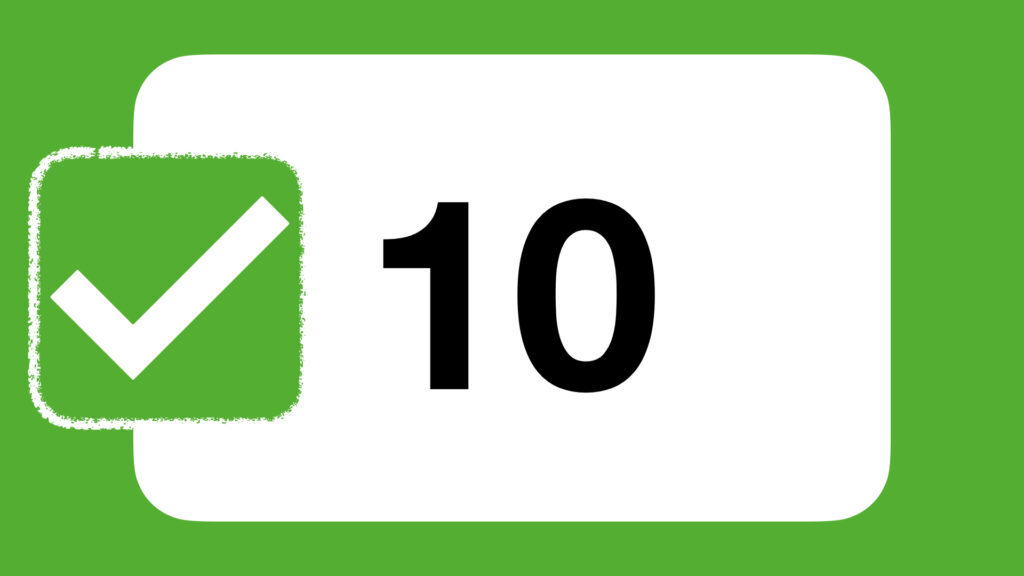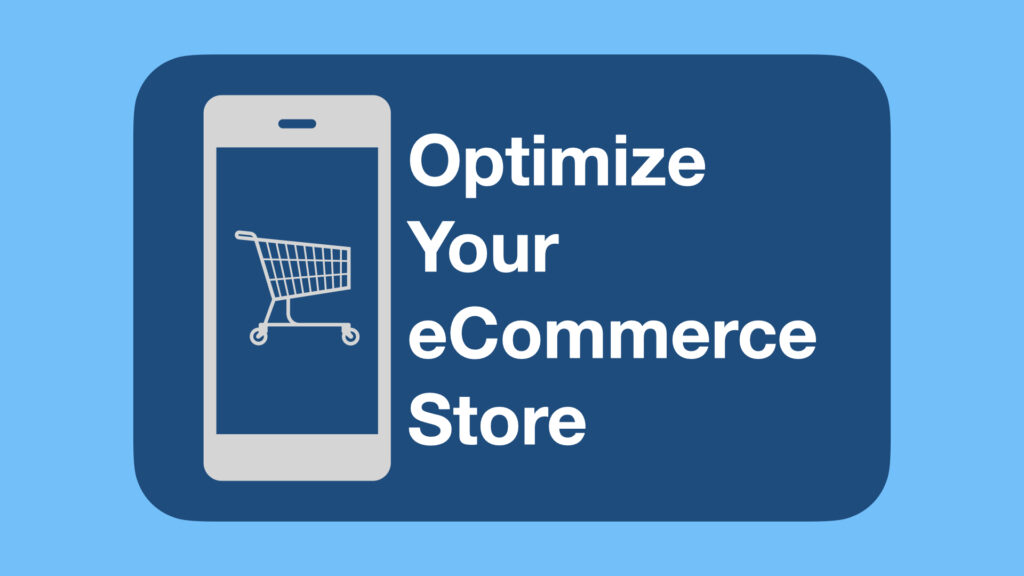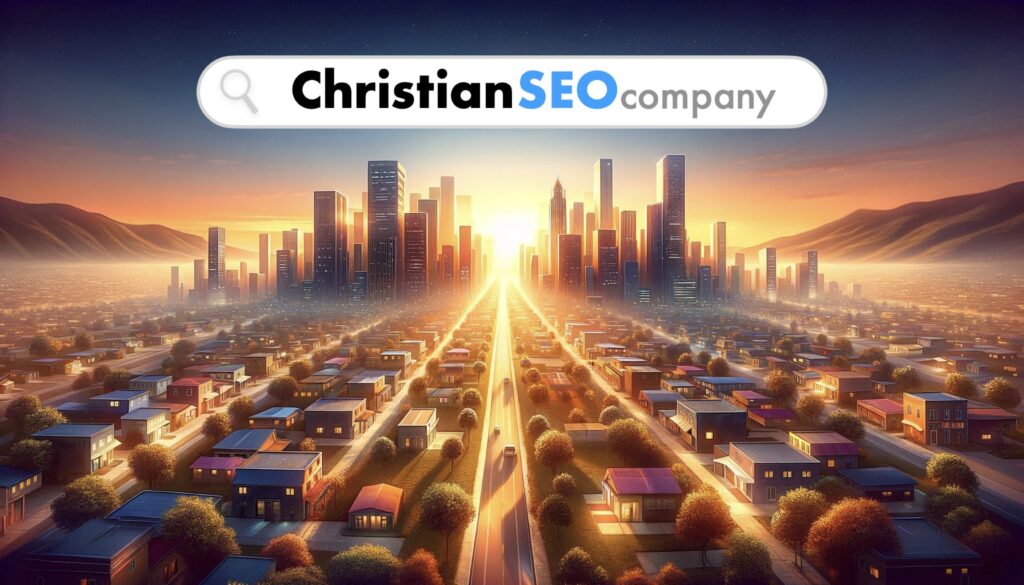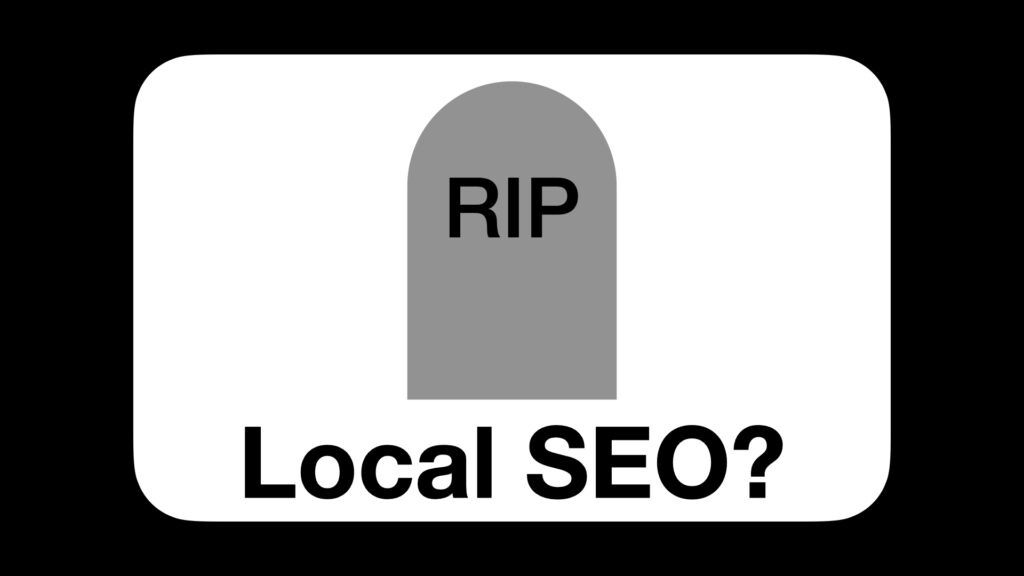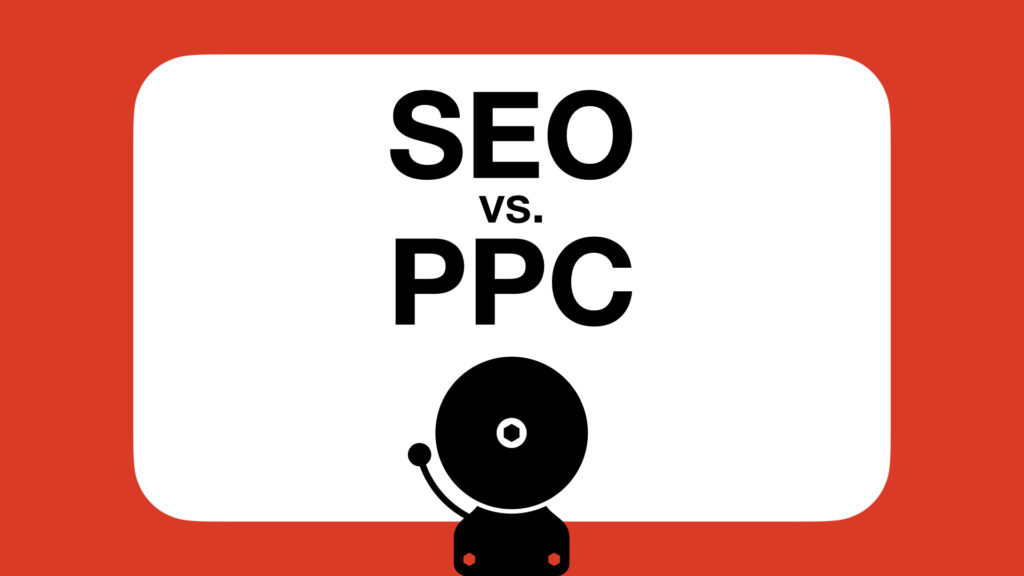
A comparison to help decide which digital marketing strategy best suits your needs.
If you’re trying to grow your Christian business online, you’ve probably heard about two big strategies: SEO (Search Engine Optimization) and PPC (Pay-Per-Click). But how do you know which one is right for you? Should you focus on ranking higher in Google search results, or is it better to pay for ads that show up at the top? It’s not always a one-size-fits-all answer. Both strategies have their strengths, and the best choice depends on your goals, budget, and how quickly you want to see results. Let’s break it down and find out what might work best for your Christian business.
What’s the Difference Between SEO and PPC?
Before we dive into the pros and cons, let’s make sure we’re all on the same page. SEO and PPC might sound similar, but they work in pretty different ways:
SEO (Search Engine Optimization): SEO is all about making your website show up higher in organic search results on Google. It’s the process of optimizing your website through quality content, keywords, and technical tweaks. When people search for terms like “Christian bookstore near me” or “faith-based therapy,” you want your website to appear high up in those results. The catch? It takes time, but once you’re up there, those clicks are free.
PPC (Pay-Per-Click Advertising): With PPC, you pay to get your website to show up at the top of search results as ads. Ever noticed those results with a little “Ad” label? That’s PPC in action. You bid on keywords, and every time someone clicks on your ad, you pay a fee. It’s a great way to get instant visibility, but it can get pricey, especially if you’re targeting popular keywords like “Christian counseling.”
Pros and Cons of SEO
SEO is like planting seeds—you don’t see results overnight, but the growth is steady and long-lasting. Here’s what to expect:
Pros:
- Long-Term Results: Once your site ranks well, it can continue to bring in traffic without any extra cost per click. It’s like having a billboard that stays up for free once it’s in place.
- Builds Credibility: People trust organic search results more than ads. When your site appears naturally on Google, it’s like a stamp of approval that tells people you’re legit.
- Works Well for Local Searches: If your business serves a specific area, local SEO can help you reach people nearby looking for your services. Think of it as a way to become the go-to Christian business in your town.
Cons:
- Takes Time: Unlike PPC, SEO doesn’t deliver instant results. It can take a few months (or even longer) to see significant improvement in your rankings.
- Requires Ongoing Effort: SEO is not a one-and-done deal. You need to keep creating content, building links, and optimizing your website to stay competitive.
- Algorithms Change: Google’s rules for ranking websites change frequently. You’ll need to keep up with best practices to maintain your spot in the search results.
Pros and Cons of PPC
PPC is more like turning on a light switch. You pay, and boom—you’re at the top. But just like keeping the lights on, it costs money to maintain. Here’s a look at PPC’s strengths and weaknesses:
Pros:
- Instant Visibility: With PPC, your website can appear at the top of Google within minutes. If you’re launching a new service or promoting a special event, this can give you a quick boost.
- Targeted Ads: You can aim your ads at specific groups, like “people searching for Christian marriage counseling in [city].” This means your ads reach the right folks at the right time.
- Measurable Results: PPC platforms like Google Ads give you tons of data. You can see exactly how many clicks you’re getting, which keywords are working, and even track conversions.
Cons:
- Costs Can Add Up: PPC might be quick, but it’s not cheap. You pay every time someone clicks on your ad, whether they become a customer or not. If you don’t have a solid budget, it can drain your funds fast.
- Short-Term Focus: As soon as you stop paying for ads, the traffic stops too. It’s great for a short-term boost but doesn’t build a long-term foundation like SEO does.
- Ad Fatigue: People can get tired of seeing ads, especially if they’re bombarded with them. Organic results might still win out when people are looking for something they feel they can trust.
Which One Is Right for Your Christian Business?
So, how do you decide between SEO and PPC? It all comes down to your needs and what stage your business is in. Here are a few scenarios to consider:
You Need Quick Results: If you’re launching a new service or event and need immediate traffic, PPC might be your best bet. It’ll get you in front of people quickly, even if it costs more upfront.
You’re in It for the Long Haul: If you want to build a sustainable online presence and have the patience to wait for the results, SEO is the way to go. It’s slower but can lead to more consistent growth over time.
You Have a Tight Budget: If your funds are limited, focusing on SEO may be a better choice. You can start with the basics like optimizing your Google Business Profile and writing blog posts that target specific keywords. These efforts don’t cost much but can make a big difference over time.
You Want to Do Both: For many Christian businesses, a blend of SEO and PPC works best. Use PPC to drive traffic quickly while building up your SEO for long-term success. It’s like having the best of both worlds.
Choose the Strategy That Helps You Serve Best
SEO and PPC each have their place, and there’s no one-size-fits-all answer. It’s all about finding the balance that works for your goals and your resources. Think of SEO as planting roots and PPC as watering those roots to help your online presence grow even faster.
If you’re still unsure which route to take, don’t stress. We’re here to help you find the best strategy for your Christian business. Reach out through our contact page, and let’s figure out the right approach to help you reach more people and share your message online!







